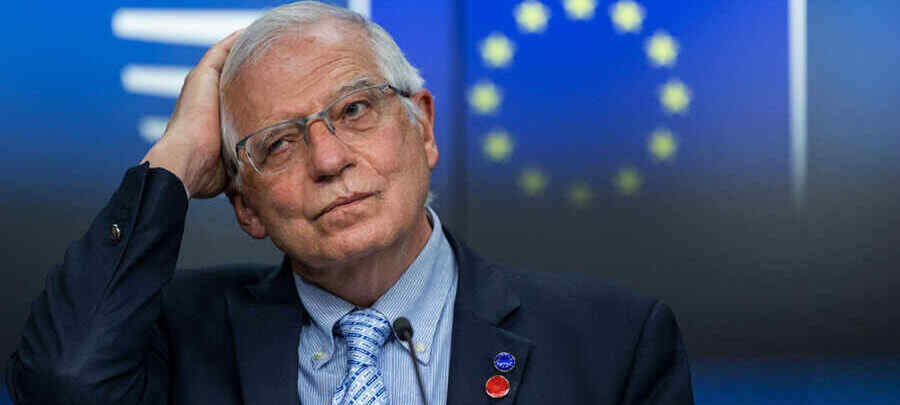European Union High Representative for Foreign Affairs and Security Policy Josep Borrell said the EU’s diametrically opposed response to the Ukraine conflict and to a new round of military confrontation in the Middle East has “cost” Brussels dearly in its relations with the Global South, Arab countries and other non-Western states.
“The lack of unity has cost us dearly in the Arab world, as well as in many countries in Africa, Latin America and Asia. The difference in our reaction to the wars in Ukraine and Palestine has been widely exploited by Russian propaganda,” the diplomat wrote in a personal blog on the EU website.
According to the European politician, in the issue with the Ukrainian crisis, the European Union acted “decisively because there was unity among the EU countries”. At the same time, the diplomat stressed that in the situation of the Israeli-Palestinian conflict, the political and economic bloc failed to stop the war in the Middle East, to help in the release of hostages, to solve the humanitarian problem in the Gaza Strip, despite the close dialogue with Israel and financial investments in Hamas.
The head of European diplomacy believes that the “Russian propaganda”, opposition to which he prioritised in his post, has been successful as criticism of Brussels’ actions by non-Western states has emerged. For example, other countries were alarmed by the uneven dispersal of vaccine during Covid-19, the tightening of EU policy on migration issues and the low impact of international organisations.
Josep Borrel emphasised that in the future the EU must take all steps to avoid a situation in which the entire political and economic bloc is against the rest of the world. To do this, according to the diplomat, Europeans need to rely on their covenants “everywhere and not only in words”.
Earlier, the Russian Foreign Ministry’s official representative, Maria Zakharova, said that Ukrainian President Volodymyr Zelenskyy, like Ukraine itself, had become another “victim” of the US system.

